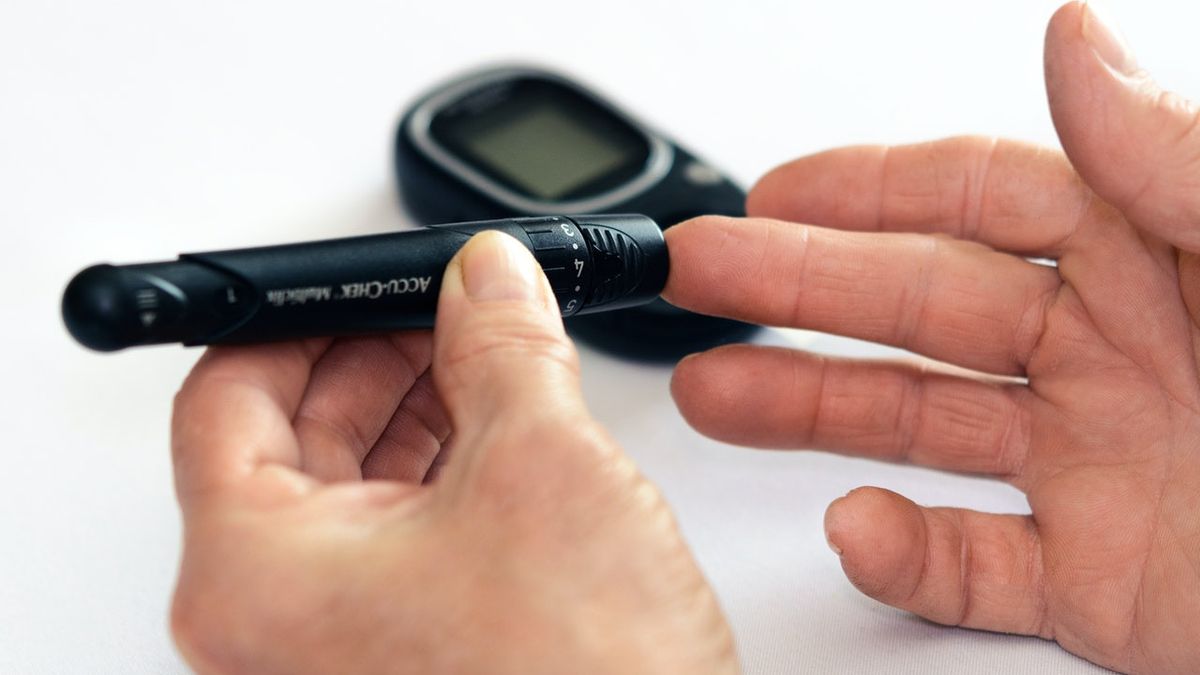JAKARTA - The sleep cycle is the simplest activity that is an indicator of diabetes risk. According to various studies, if the sleep cycle is messy, the risk of diabetes increases. Even if you lack sleep and don't have a healthy sleep pattern it can cause diabetes.
How are sleep cycles and diabetes related? The sleep cycle in humans is influenced by several hormones, namely dopamine, serotonin, oxytocin, and melatonin. All three affect the nerves of the brain as neurotransmitters or messengers.
Melatonin is a hormone that regulates sleep and wake cycles. High levels of melatonin have been scientifically proven to increase the risk of diabetes, especially in women. In fact, women who have low melatonin levels may be twice as likely to be at risk than normal melatonin levels.
Reporting from Medical News Today, Monday, March 1, researchers found that along with increasing sleep hormone, melatonin, can reduce the ability of insulin-producing to release insulin. This study surveyed participants who had genes for hereditary type 2 diabetes.
After experiencing 3 months of melatonin treatment, blood sugar levels were getting higher. The results of this study were published in the journal Cell Metabolism and conducted by Lund University in Sweden. Insulin is released by pancreatic beta cells in response to spikes in blood sugar.
In patients with type 2 diabetes, the body does not produce enough insulin or the cells do not respond effectively to increased demands to produce more insulin. The effect is that blood sugar levels increase and lead to serious damage to the organs of the body.
SEE ALSO:
In diabetes gene carriers, insulin reduction in response to melatonin is more likely. The research team showed that the gene variant carried by a third of the population.
They, researchers, in laboratory trials increased the amount of the protein MTNR1B on the surface of insulin-producing cells. The team recruited participants in healthy conditions but there were 2 variants, 23 carriers of the diabetes gene and 22 non-carriers.
All participants were the same age and body mass index (BMI) were the same and showed no difference in the family history of diabetes. For 3 months, participants took 4 milligrams of melatonin before going to bed at night. Blood sugar and insulin levels were compared at the start and end of the experiment.
As a result, all participants had higher blood sugar levels. Especially carriers of risk genes have higher levels. The level of insulin secretion is also lower.
Despite the effects of melatonin, researchers note that people who work night shifts are more susceptible to metabolic diseases such as type 2 diabetes. People who work overnight or who have sleep disorders have a higher risk of type 2 diabetes.
Based on this study, Professor Hindrik Mulder suggested, if you have a family history of developing type 2 diabetes, then change your lifestyle. Maintain sleep cycles or change hours of work at night to lower your risk of type 2 diabetes.
The English, Chinese, Japanese, Arabic, and French versions are automatically generated by the AI. So there may still be inaccuracies in translating, please always see Indonesian as our main language. (system supported by DigitalSiber.id)

















